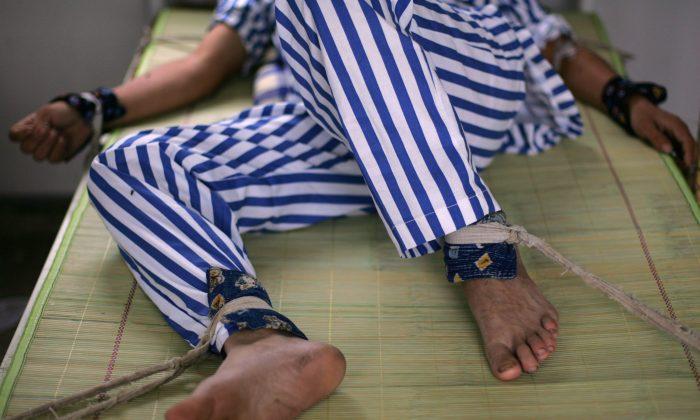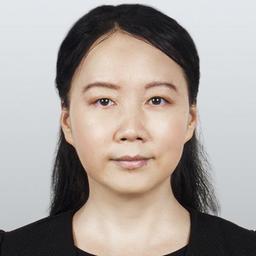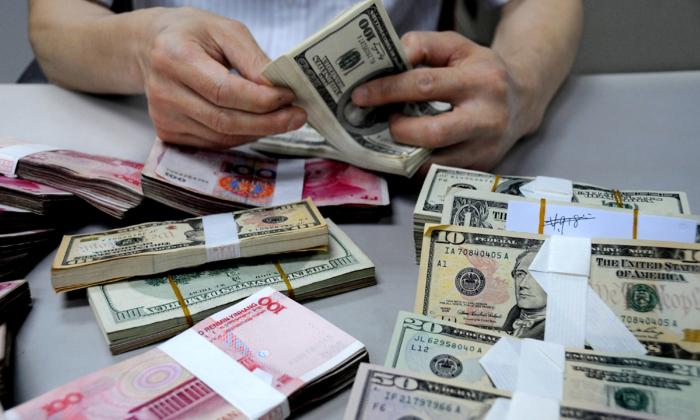China’s mental hospitals have become places for the CCP to suppress dissidents, especially Falun Gong practitioners.
The report notes that China’s mental hospitals have become a terrifying way for the CCP to make its critics disappear. Without any medical certificate, critics of the regime are kidnapped by Chinese police and taken to mental hospitals, where they are held for months to years. It also said that the compiled cases are only the tip of the iceberg; sending political prisoners to mental hospitals is a common phenomenon in China.
The report collected the cases of 99 victims. Nine of the victims were detained in a mental hospital for more than 10 years, and two were sent five times to a mental hospital for torture. Most of these victims are petitioners who go to the National Public Complaints and Proposals Administration. They are stopped on their way and taken to jails or mental hospitals. Other victims are human rights activists, dissidents, and street protesters.
The main reason for putting these people in mental hospitals is to “silence” them so that they cannot petition, protest, or access the media. Another reason is to make critics fearful through this inhuman horror experience so they dare not continue to speak up even after being released. And thirdly, being labeled “mentally ill” discredits these critics and excludes them from normal society.
In the mental hospital, critics were barred from contact with their families and endured a variety of painful ordeals, including being electro-shocked, beaten, tied to beds for hours or days, and forced to take injections or oral psychotropic drugs that eventually leave lasting mental trauma and even dementia, with symptoms such as night terrors, tremors, and suicidal thoughts.
Falun Gong Practitioners
According to an investigation by an international human rights organization, similar criminal methods of “psychotropic drug abuse” have also been widely used to persecute Falun Gong practitioners in China.Falun Gong, also known as Falun Dafa, was introduced to the public on May 13, 1992, by its founder Li Hongzhi. The teachings of Falun Gong are based on the principles of truthfulness, compassion, and tolerance. Its five sets of meditation exercises spread rapidly throughout China by word of mouth, as people experienced miracles of health and moral improvement. On July 20, 1999, Chinese Communist Party leader Jiang Zemin launched a campaign of persecution and extensive propaganda against Falun Gong and its tens of millions of adherents due to the popularity of the practice that was not under the control of the state.
Since then, millions of Falun Gong practitioners in China have been detained, sent to brainwashing classes, sentenced to prison and reeducation through labor, and tortured for not denouncing Falun Gong.
The WOIPFG conducted a survey of more than 100 psychiatric hospitals in 15 provinces in China. The study showed that 83 percent of surveyed hospitals said they had “admitted” Falun Gong practitioners in the past five years.
More than half of the hospitals explicitly stated that the so-called “admitted” Falun Gong practitioners were not mentally ill at all, but the authorities had sent them to mental hospitals to torture them in order to force them to give up their beliefs.
During the investigation, a staff member of Liaoning Fourth Hospital’s Second Department of Psychiatry stated that the hospital would use more than ten kinds of persecution methods, including the use of psychiatric drugs, on Falun Gong practitioners who do not give up their practice.
Medical Torture
According to the report, the mental hospital medical staff used force-feeding, drug injection, electric shocks, and frequently used various psychoactive drugs such as “Chlorpromazine” to torture Falun Gong practitioners physically and mentally. These drugs cause serious harm and sequelae, including memory loss, severe headaches, stupor, physical weakness, and even severe neurological dysfunction and systemic complications that can lead to death.Tan Guihua, a Falun Gong practitioner from Shandong Province, testified that while she was petitioning in Beijing in September 1999, she was forcibly kidnapped by “610” personnel who specialize in persecuting Falun Gong and taken to the Jiaozhou City Mental Hospital. There, eight male nurses forcibly injected her with unknown drugs using large needles. As soon as the medicine entered her body, she felt her heart beating very fast, her sight darken, a splitting headache, and excruciating pain overall. Two months later, she was still trembling, unable to hold dishes and chopsticks, and suffered from heart pain, headache, blurred vision, and memory loss.
Falun Gong practitioner Ye Hongfang from Heyuan City, Guangdong Province testified on Nov. 26, 2000. She said that during her detention, she was forced to take injections and take medicine every day, and if she refused, she was tortured with electric batons. After taking the medicine once, Ye said she had cramps all over her body, numbness in her limbs, and blurred vision. After more than three months of continuous torture, she felt close to a mental breakdown.
Another Falun Gong practitioner from the Dalian Port Authority of Liaoning testified on March 3, 2004 saying he/she was forced to take medicine during the detention. Not long after he/she was released and returned home, his/her eyes began to fester, and the inside and outside of his ears, scalp, neck, etc. began to fester, oozing a yellow discharge. It was itchy and excruciatingly painful, and the condition lasted for two years.
Several Falun Gong practitioners from Suining County, Xuzhou, Jiangsu Province testified on June 8, 2001. They had been detained in the Xuzhou Mental Hospital for more than three months, during which time they were tied to their beds and injected with unknown drugs. The victims would immediately faint, and there was intense pain in the heart that lasted for several days. One practitioner suffered from cramping and was unable to stand or walk. Another practitioner banged his head against the wall because of the pain. Several suffered from different degrees of reactions to the drugs for nearly 50 days before they gradually faded away.
The report said that because of the tight censorship and the suppression of informants, much of the inhuman torture and persecution of Falun Gong practitioners in China has been covered up.
Liu Yinquan, a former history professor of Shandong Weifang University and a well-known pro-democracy activist living in the United States, told The Epoch Times in July that the CCP’s slander and persecution of Falun Gong practitioners are unconscionable.
The CCP fears the principles of truthfulness, compassion, forbearance; and its frantic persecution of people who believe in those principles shows that the CCP is an evil regime, Liu said.





